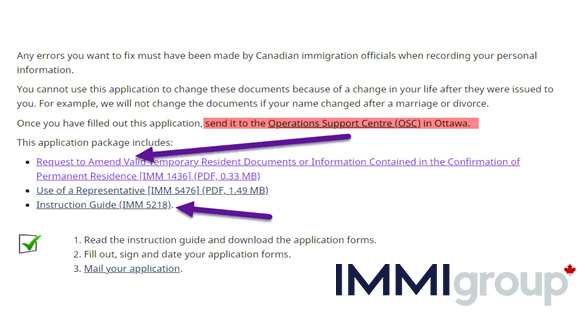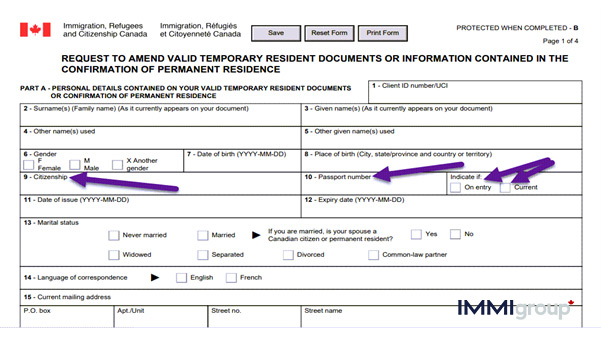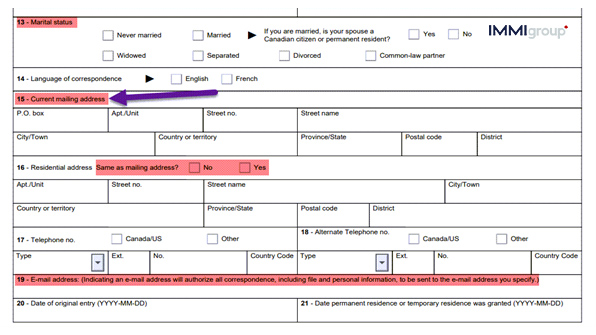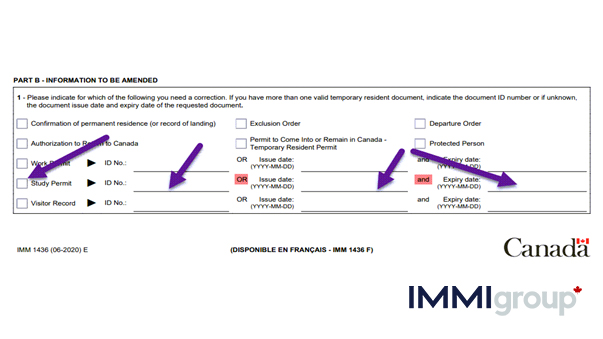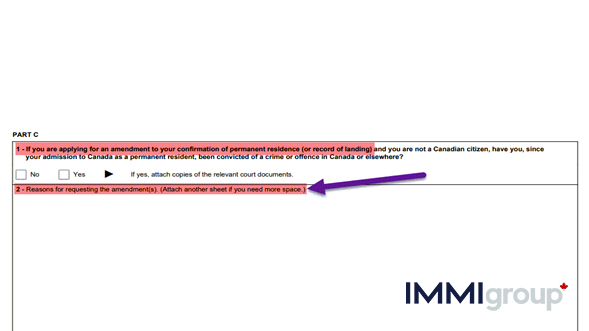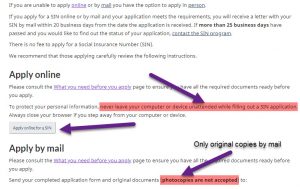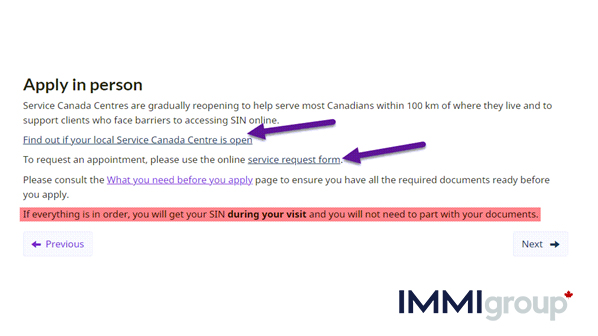Working While on a Study Permit

Working While you Study plus Getting your SIN
Did you know you can work while you study? That’s always a good option if your budget is stretched and you need a little spare cash. Let’s see what the rules are for international students who wish to work while they study. If eligible you can work part-time without a work permit.
You are eligible to work on-campus if:
- You are a full-time student at a public or private post-secondary institution (in the case of an international student, this must also be a DLI).
- You have a valid study permit.
- Your program of studies has started.
- You have a Social Insurance Number (see below for how to get a SIN).
Please note that if any of the following holds, you must stop working:
- You’re no longer studying full-time.
- Your study permit has expired
- You’re on authorized leave from your studies (see below).
- You’re switching to a new school, and you aren’t studying at the moment.
In the first place, your study permit must state that you can work on or off campus. Your study permit should normally have ONE of these statements, or a similar statement, on it:
- May accept employment on or off campus if meeting eligibility criteria as per R186(f), (v) or (w). Must cease working if no longer meeting these criteria. OR
- May accept employment on the campus of the institution at which registered in full-time studies OR
- May work 20 hrs off-campus or full-time during regular breaks if meeting criteria outlined in section 186(v) of IRPR OR
- This permit does not authorize the holder to engage in off campus employment in Canada. May accept employment only on campus if meeting eligibility criteria as per R186(f). Must cease working if no longer meeting these criteria.
As you can see, you’ll either be given permission to work on or off campus or only on-campus. Before we get into the details of working on-campus versus working off-campus, let’s talk about another possibility.
What to do when your study permit does not state you can work while studying.
If your study permit has neither of these statements but you are eligible to work as an international student, you have to apply to immigration officials for permission to work on campus. What you have to do is ask immigration officials to have one of these conditions added to your study permit. To do that you have to request an amendment to your study permit.
Here’s how to request an amendment to your study permit in order to be able to work while studying.
- Go here and scroll down until you see the following:
Download Form IMM 1436 Request to Amend Valid Temporary Resident Document or Information Contained in the Confirmation of Permanent Residence. You should also download IMM 5218 Instruction Guide.
Here’s a few tips on how to fill out IMM 1436:
For question 9, if you have dual citizenship, list the citizenship of the passport or other travel document you used to enter Canada.
For question 10, if you no longer have the passport you used to enter Canada with (for example, if it expired and you renewed your passport) then write the passport number of your current passport. As well, tick the box that says Current. If you have the same passport that you entered Canada with, then tick the box that says On entry.
For question 13, indicate your marital status on the first time you entered Canada.
For question 14, use a current mailing address IN CANADA. In other words, use the mailing address you are currently using as an international student in Canada. If your residential address is the same, don’t fill out that part. Make sure you include your complete mailing address using the standard Canadian format with street, city, province and postal code.
For question 19, make sure your email address will be valid for the entire processing period (which may be weeks of sometimes months).
Part B is key. Make sure you fill in all the required information for your study permit for which you are requesting an amendment. Tick the Study Permit box and then choose whether to:
- Fill in your Study Permit ID number OR
- Fill in your Study Permit Issue and Expiry Dates.
You should now skip the rest of Part B (assuming the information on your study permit is correct and does not need to be changed) and go to Part C to request that they add the statements allowing you to work on and/or off campus.
Leave question 1 of Part C blank, as you are a temporary resident, and it does NOT apply to you.
Write your request in the box provided for question 2. Indicate you are eligible for part-time work as a full-time international student (this will depend on your course of study) and then request that the condition be added to your study permit. Keep your request simple and clear and easy to understand. You can include the name of your DLI and what course of studies you are taking in Canada and how long your course of studies will take.
Now let’s see where and for whom on-campus work applies.
Where you can work on-campus means:
- You can work at any of the buildings on your school’s campus. If your school has more than one campus, then you can only work at the campus you are attending classes at.
- However, you can work at other locations if you are working:
- As a research assistant or as a teaching assistant
- Under a research grant
- In these cases, you can work at a library, hospital, or research facility associated with your school but located somewhere else.
Who you can work for on-campus means your on-campus employer can be:
- The school you are attending
- A specific faculty member
- A student organization
- Yourself if you run a business physically located on campus! Yes, for example you can run your own coffee-shop on campus (assuming you get the appropriate permission from school authorities of course).
- A private business with facilities on campus
- A private contractor who provides services on campus
Next, we look at how to obtain a temporary SIN (Social Insurance Number – an identification number used for taxes and work in Canada).
To obtain an SIN to work on-campus your study permit has to have one of these conditions on it:
- May accept employment on or off campus if meeting eligibility criteria as per R186(f), (v) or (w). Must cease working if no longer meeting these criteria.
- This permit does not authorize the holder to engage in off campus employment in Canada. May accept employment only on campus if meeting eligibility criteria as per R186(f). Must cease working if no longer meeting these criteria.
You can apply for a SIN in one of three ways:
- Online
- By mail
- In person
We’ll go through the online method for you as it is easiest and generally faster.
You’ll need the following to apply online:
- A copy of your study permit that shows you are allowed to work es explained above. (Primary document)
- A copy of your passport showing the relevant personal information pages, your passport number, and your photograph. (Secondary document)
- If your name on your study permit is different from your passport because of a divorce, for example, then you need a copy of what’s called a supporting document to prove you’re the same person. They can be something like: a divorce decree; a marriage certificate; an adoption order; or a notarial certificate. (Supporting document)
- A copy of a document that confirms your address in your online SIN application. (Proof of address)
- It has to be issued by a government, company, institution, organization, landlord, or employer.
- It has to be a document signed by the government, company, etc. OR an attestation letter.
- It has to contain the same name used in your online application and on your primary, secondary, and supporting document.
- It has to clearly indicate the same address as the one used in your online SIN application.
- Please note: you cannot have your SIN confirmation sent to your employer’s address.
To apply for your SIN online go here and scroll down until you see the following:
Click on the light gray Apply online for a SIN button. Remember to never leave a SIN application open. Identify theft starts with someone stealing your SIN. Be aware of this please and always close your browser when you’re finished or pausing!
As well, you can see an important benefit of applying online. If you apply by mail you have to provide original copies of your passport. Applying online, on the other hand, only requires copies of your documents.
You can always apply in person as well but that will depend on COVID restrictions and whether your local Service Canada is open or not. If you want to explore that option here’s the information (which you can also see by scrolling down at the page shown directly above. This is what you’ll see:
Click on the first link to see if your nearest Service Canada Centre is open, then if it is click on the second link to book an appointment. Hopefully, you’ll get your SIN during your visit and not have to leave your original documents at the Service Canada Centre, but this is not guaranteed.
Working Off-Campus
To work off-campus you have essentially the same eligibility requirements, attending a DLI, having a valid study permit and having started your studies as well as having a SIN, of course. As well, you can work off-campus as a part-time student only if you’re in your last term of studies and have studied full-time up to that point.
You can work off-campus while studying at any DLI, as long as your program of study is one of the following:
- An academic program that awards a degree, diploma, or professional certification upon completion of your studies, OR
- A vocational training program that prepares you for a specific job in industry, agriculture, or trade, involving technical training, organizational training, and basic skills training, OR
- A professional training program that gives training studies to people who are already professionals and in accordance with recognized standards for that industry and occupation.
In addition, you should take note of the following points:
- If you are enrolled in a co-op study program (one that alternates between study terms and work terms such as at University of Waterloo) you must maintain your status as a full-time co-op student during your work breaks to be able to work off-campus as an international student.
- Remember, your study permit must show the condition that allows you to work on or off-campus. If your study permit only allows you to work on-campus, then you are not eligible to work off-campus.
- As well, the following people CANNOT work off-campus:
- You’re enrolled in an English or French as a second language program.
- You’re taking pre-requisite courses to qualify for a full-time program of studies.
- You’re only taking general interest courses that don’t lead to a degree, diploma, or certificate.
- If you have just completed your program of studies, you can continue working off-campus until you receive your official letter from your school, informing you that you have successfully completed your program. On the day you receive that letter, you have to stop working as you are no longer a student.
- However, if you will be starting a new program of studies within 150 days of completing your original studies, then you can work off-campus for the entire period. You must have the following:
- Your letter stating you have completed your original program.
- A Letter of Acceptance from the school/program you will be starting within 150 days.
- A valid study permit, or an application to extend your study permit done before your study permit expired.
If the new program of studies starts more than 150 days after you receive your letter of completion from your original program you must either change your status (for example, to visitor status) or leave Canada until your new program starts.
If you need to add the condition allowing you to work to your study permit, follow the steps shown above. You also will need a temporary SIN just as in the case of on-campus work. So, just follow the above explanation on how to apply for a SIN.
Your hours worked off-campus must:
- Must be 20 hours a week or less during regular school terms.
- Can be full-time during regular breaks from school like winter or summer holidays or spring reading week. However, you must be a full-time student before and after those breaks for you to be able to work full-time (or at 2 part-time jobs). So, for example, if you will be studying part-time in your last term then you cannot work full-time during the break before your last term.
